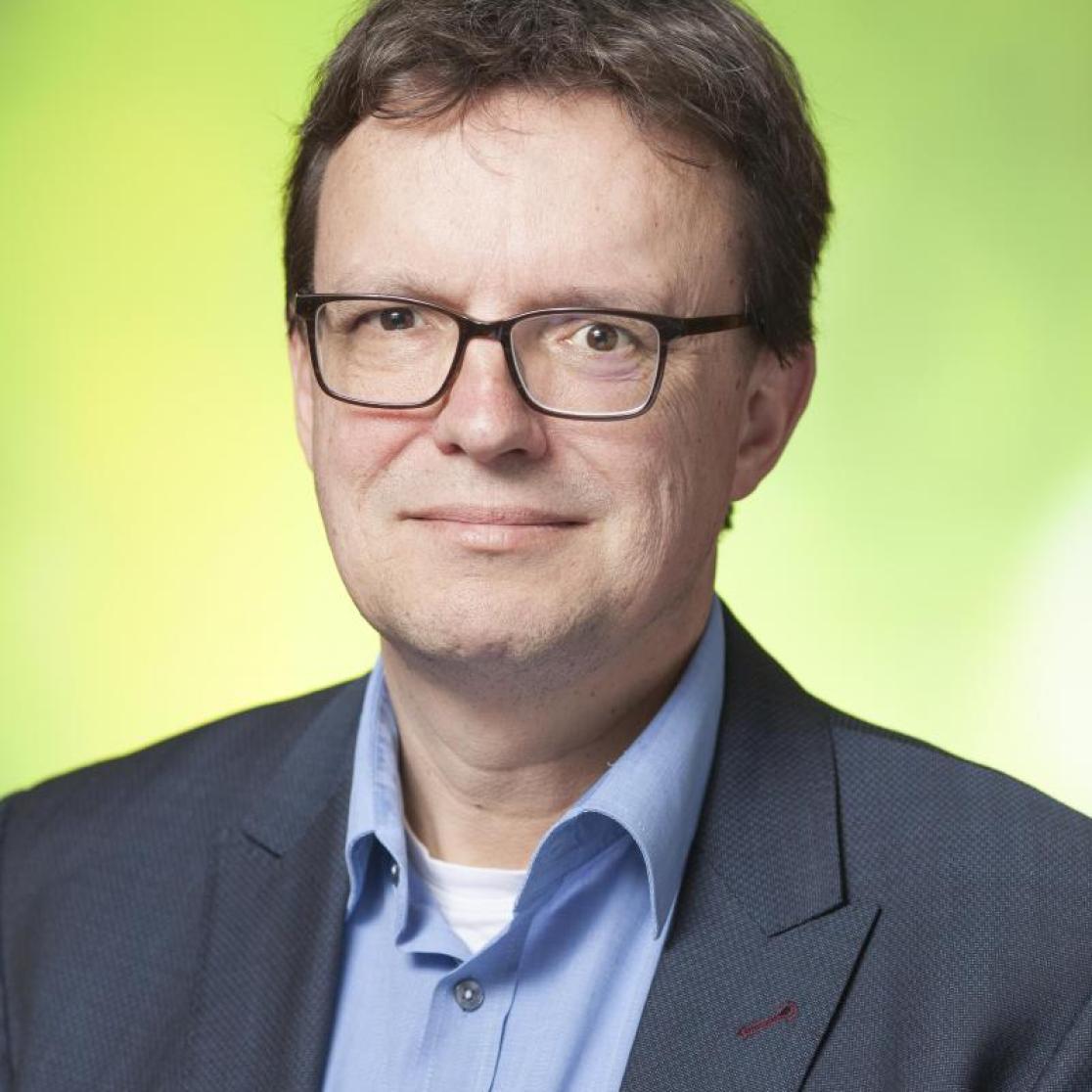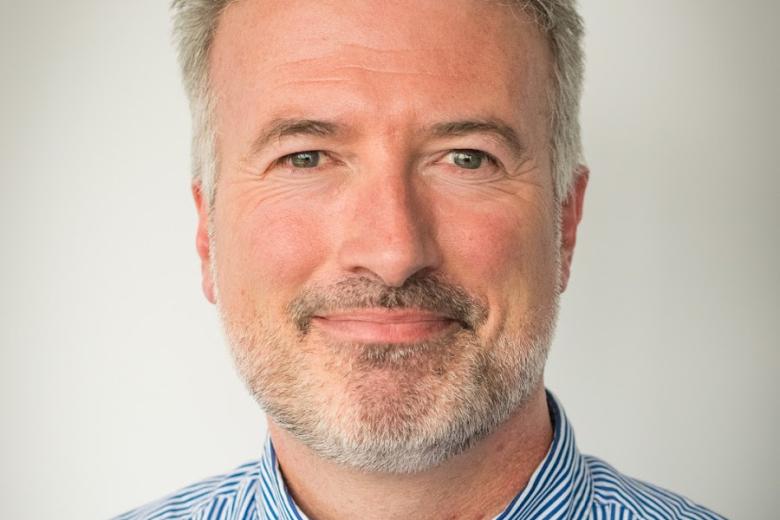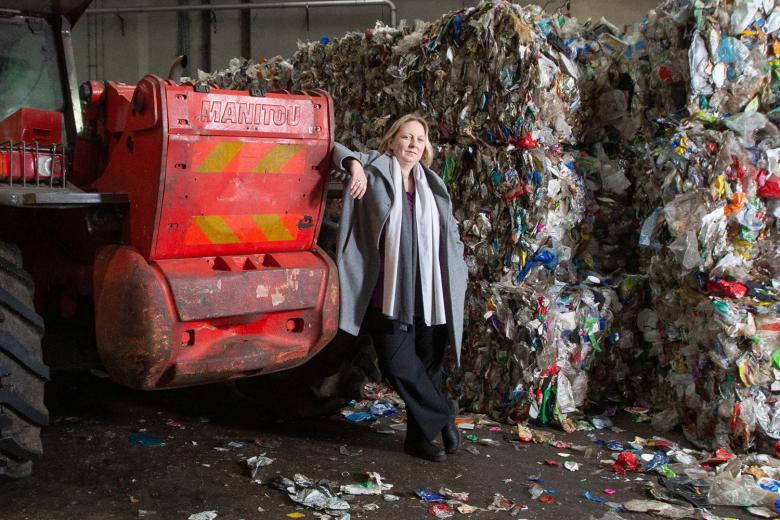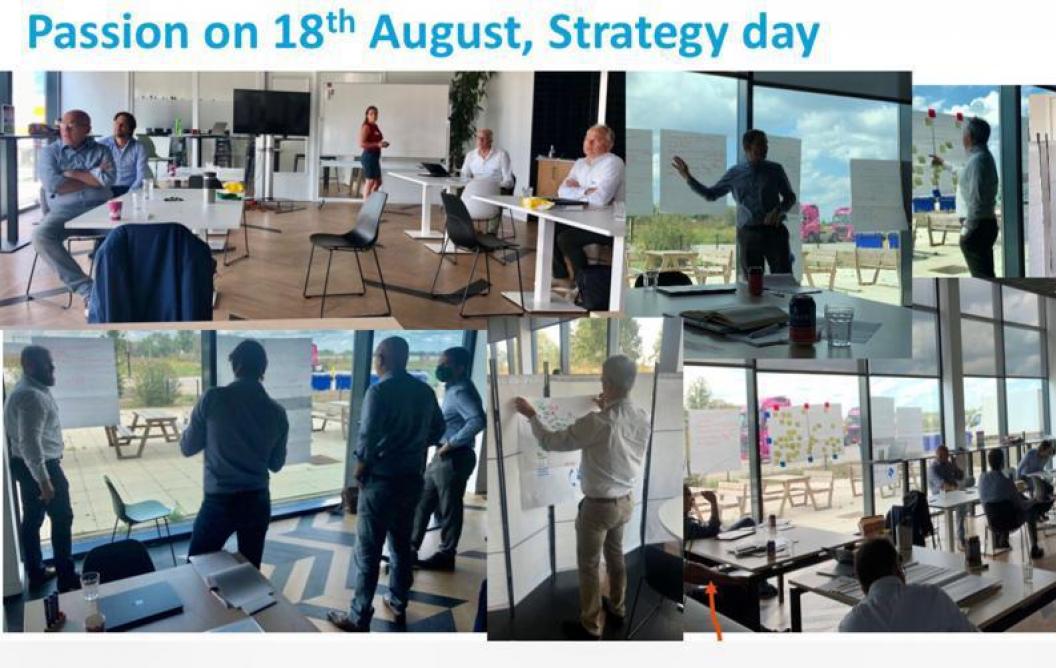BISCI helps Limburg remain a leader in logistics
Sustainability, food safety and data science. These all come together at BISCI, the Brightlands Institute for Supply Chain Innovation. Barely a year and a half after its launch, the Venlo Institute was awarded a Knowledge Axis grant of 1.5 million Euros by the Province of Limburg.
The grant is excellent recognition of the work the institute does, according to scientific director, Prof. Dr. Bart Vos. Thanks to the grant and the commitment of the institute’s founding fathers TNO, Fontys and Maastricht University, BISCI will be able to continue to uphold and strengthen Limburg’s leading role in logistics for the next four years.
“BISCI is a knowledge center focused on supply chain innovations. We study how we can use smart technology to make logistic chains faster, safer and more sustainable,” Bart says. “The Venlo region plays a leading role in logistics in Northwest Europe. By connecting practical knowledge on the logistics sector and BISCI’s scientific knowledge, we can ensure that Limburg remains a logistics hotspot. The Knowledge Axis grant along with the two million Euros that UM, Fontys and TNO will be collectively investing in BISCI over the next four years will help build a solid foundation for further growth. People will also be ‘freed up’ to work with BISCI. Business Director Ton Geurts is now my co-director, which is very important for BISCI; Ton can contribute a huge network and a lot of knowledge and experience.”
Change is the only constant
BISCI is based at Brightlands Campus Greenport Venlo in one of the Box-in-Box offices. Bart: “Our lab is reality, the companies based here. BISCI is the driving force behind Supply Chain Valley, a group of companies that have joined forces and are active primarily in Northern Limburg such as Seacon, Arvato, Vida XL, KLG Europe, Insign.it, Michael Kors and Moonen Packaging. We connect parties so that they can strengthen one another, and we link research to their problems or challenges. This research is currently being conducted by UM students in the Global Supply Chain Management and Change master’s program, and Fontys students will soon be joining them. This collaboration with students is a great advantage for the companies; it puts them in contact with available talent faster, and they gain students’ loyalty. The students also make it easier for them to stay up-to-date on the latest innovations. There’s a good reason the word ‘change’ is part of the master program’s name; change is also the only constant in the logistics sector.”

Solid link between education and practice
A lot has happened in the year and a half since BISCI began, and the knowledge center is undergoing dynamic development. Bart: “UM, Fontys and TNO have turned out to be natural partners in supply chain innovation. BISCI is actively involved in a growing number of great projects. A personal source of pride for me is that the link between education, research and practice is becoming even more solid. We put students to work helping companies and companies provide guest speakers and information on fascinating cases. After all, it’s all happening in the world around us. A ship stuck in the Suez Canal shows just how vulnerable the chain is. The consequences of that delay have been enormous. And as unpleasant it is for those involved, for us, it’s the perfect material for studying relevant issues in our sector.”
Source: Brightlands newsletter

Also read
-
Empowering Smallholder Farmers in the Data Economy: Unlocking Opportunities and Overcoming Obstacles
Frederik Claasen, the head of policy at our partner organisation Solidaridad Network on the opportunities and obstacles facing smallholder farmers in their data ecosystems.

-
Machines that can improvise
Computers are already capable of making independent decisions in familiar situations. But can they also apply knowledge to new facts? Mark Winands, the new professor of Machine Reasoning at the Department of Advanced Computing Sciences, develops computer programs that behave as rational agents.

-
A second chance for plastic
If we were to replace plastic with paper or glass, would the environment benefit? Surprisingly, no, says professor of Circular Plastics Kim Ragaert. She is calling for an alternative approach aimed at increasing awareness of and knowledge about recycling.

